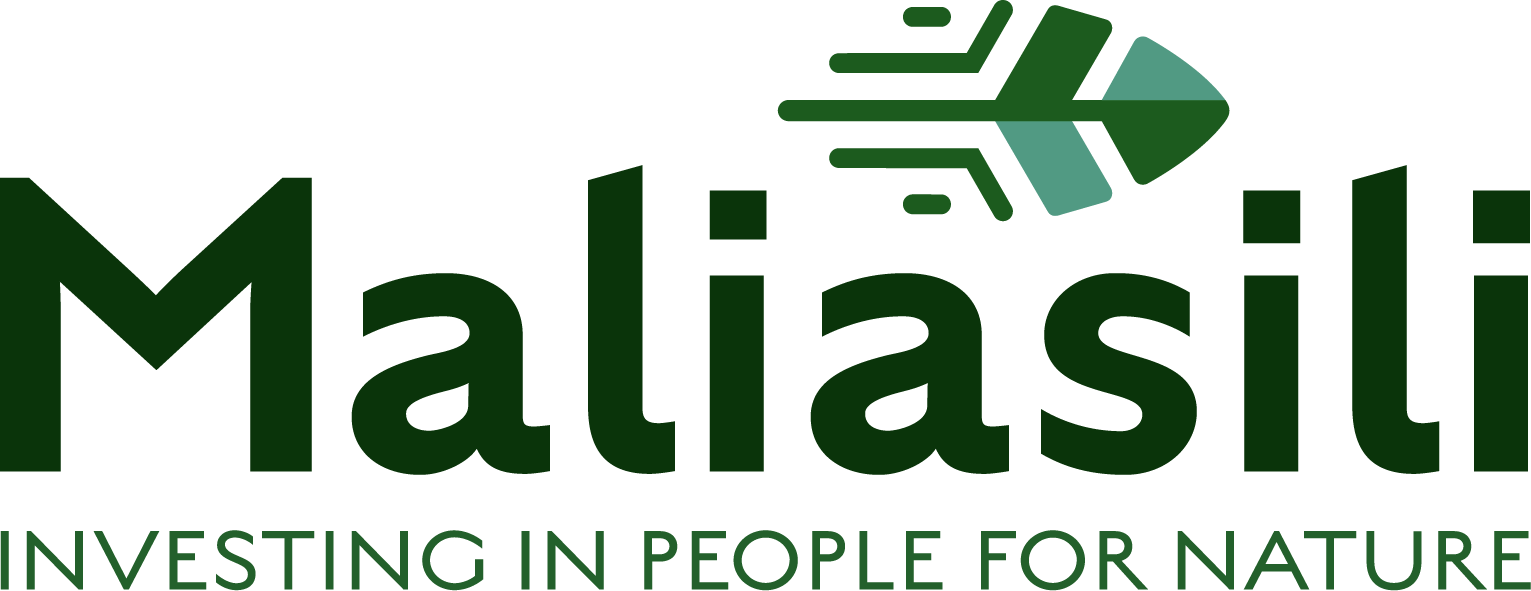CASE STUDY
Mwambao Coastal Community Network
Building organizational foundations for coastal conservation
“As an organization we are much stronger than we were four years ago when we first started working with Maliasili. They have been instrumental building our capacity, linking us to new key partners, and thinking longer-term.”
About Mwambao Coastal Community Network | visit website
Tanzania’s rich tropical marine environment provides a key source of food and income that supports millions of people, yet is often overlooked in comparison to the country’s terrestrial wildlife areas. The Mwambao Coastal Community Network is one of the few local organizations working to protect Tanzania’s coastal resources. By helping communities effectively manage fisheries and other marine resources, reap the benefits of doing so, learn from each other’s experiences, and strengthen management practices, Mwambao has a unique role to play in East African marine conservation and is filling a critical gap in the wider Tanzanian environmental arena.
Our Support
While Mwambao is helping to build more sustainable local fisheries in Tanzania, we are helping the organization become better resourced, develop key partnerships, build their team, and strengthen their strategy and impact model. An organization that was still in an early start-up phase when we first started working together in 2013, today has multi-year funding and key strategic partnerships, positioning it for strong growth and impact along Tanzania’s long coastline and the culturally and biologically rich offshore islands of Pemba and Zanzibar.
Organizational Growth
Since working together, Mwambao has:
Built a growing team by recruiting key new staff
Developed a range of key strategic partnerships, including with Fauna & Flora International and Blue Ventures providing access to funding, skills and information
Increased their funding by more than 10 times since 2013, including securing critical core funding
Overhauled their website and communications platform so that they can share their model and results with a growing audience.
Impact
Piloted a successful community reef closure for octopus harvesting, starting with 60 hectares of near-shore reef on Pemba Island in 2015, expanding to new communities and across 400 hectares in 2016, and expected to expand further in 2017 to 3 more adding roughly 600 more hectares under temporary closure.
Developed a pilot initiative, with funding from Waitt Foundation and a follow up project in collaboration with WWF Tanzania and Sea Sense, to address the pervasive problem of dynamite fishing through improved monitoring using mobile phone apps and collaborative data collection.
Developed key partnerships with Fauna & Flora International and Blue Ventures to deepen work on community marine co-management and fisheries governance.
Developed other key partnerships with CANCO Kenya and the Swedish Society for Nature Conservation, which is supporting cross-border exchanges for women to learn about value addition to marine products. Tanzanian fishers visited Kenya in 2016 and there will be a return visit in 2017.



